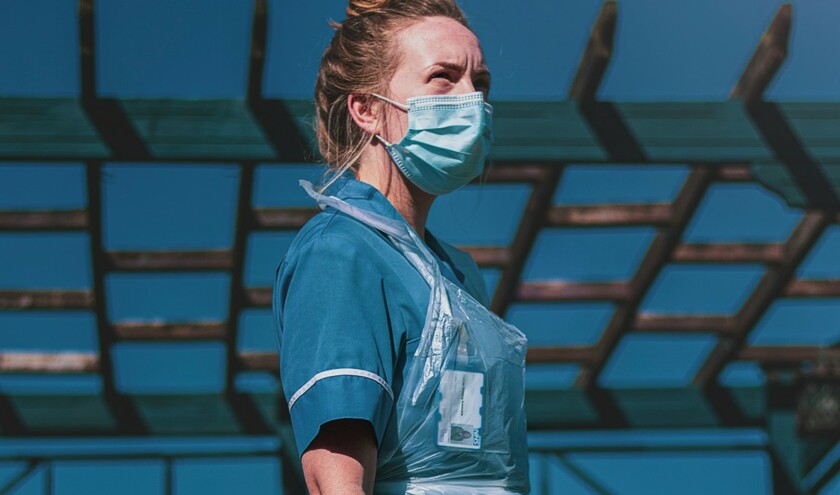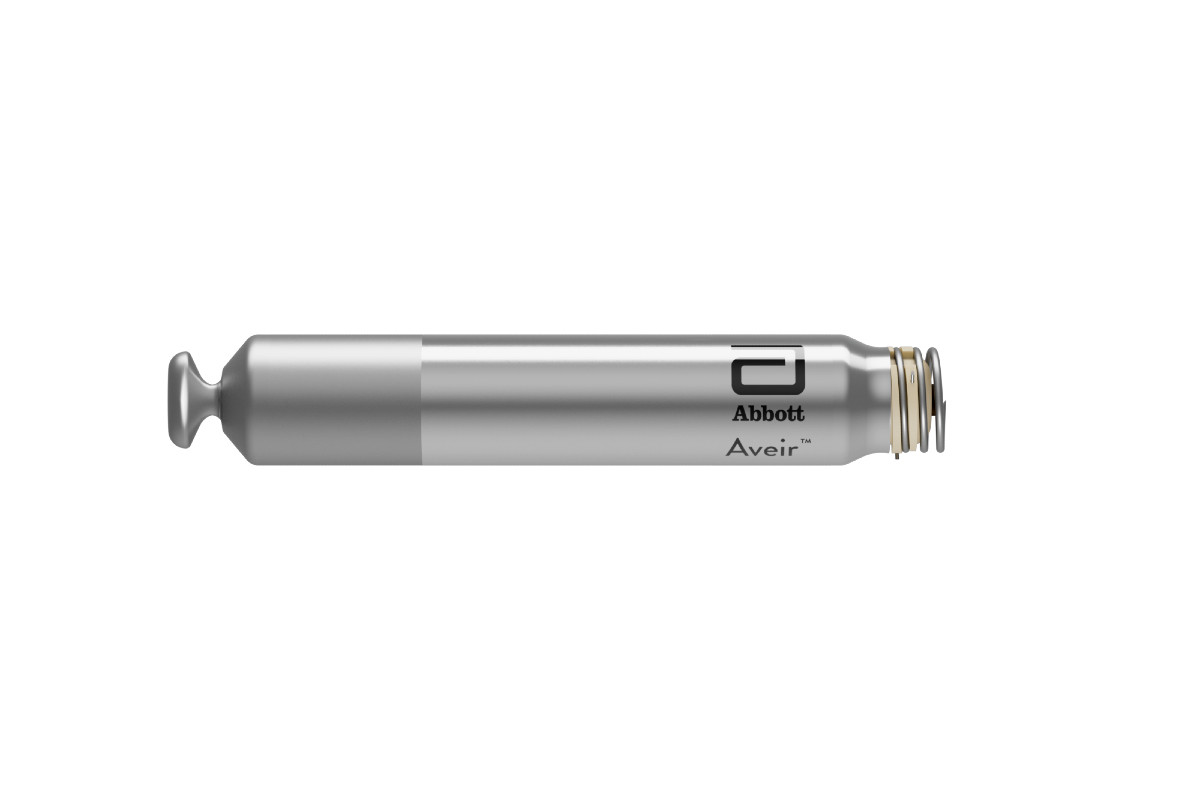Hancock was giving evidence for the third time at the Covid inquiry about the pandemic's impact on the NHS.
He told the inquiry: ‘People could get treatment. The treatment was not as good as in the same way that the waiting times for a knee operation was not as good as pre-pandemic.
‘I'm not saying that the NHS was perfect in the pandemic, and I'm not saying that it wasn't severely pressured in many areas and that that pressure had consequences. The point of saying that it would be overwhelmed is that the system as a whole, withstood the pressure.'
In addition, Hancock insisted the decision to suspend all non-urgent, planned care was right.
He said: ‘It was not safe clinically to go for some cancer treatment during the pandemic, because cancer treatment sometimes involves reducing the immune system.
‘It was better to delay some non-urgent operations in order to protect both the space in the NHS and the patients themselves because, as we know, you're more likely to catch Covid in a hospital than in almost any other setting.'
He added: ‘The overall point is that we did not have a collapse in the system.'
The former health secretary was also asked to what extent frontline staff had been protected.
Lead counsel to the inquiry, Jacqueline Carey KC, asked: 'Do you accept that entering the coronavirus pandemic as we did, without a single gown, severely hampered the ability to provide safe and appropriate PPE for healthcare workers?'
Hancock replied: 'The stockpile that we had was not as good as it needs to be in the future, absolutely.'
Asked if England ever ran out of PPE, he said: 'As a whole? No, but individual locations did.
'We came extremely close. We came within small numbers of items on a regular basis during April and May 2020 – by the second wave, we were in better shape.'
In addition, Hancock defended the government's 'Stay Home, Save Lives, Protect the NHS' messaging. He said: ‘It was literally true that if we didn't stop the spread of the virus, then the NHS would be overwhelmed, by which I mean the system as a whole would have been unable to cope with the demand on it, as we'd seen in other countries like Italy.'
Responding to Hancock's evidence, James Telfer, on behalf of Covid-19 Bereaved Families for Justice UK, said: 'In the wake of catastrophic failures, which contributed to the UK having the second worst death toll in western Europe, Matt Hancock remains more concerned about defending his legacy than helping the UK to make sure that the hellish scenes which played out in our overwhelmed hospitals during the pandemic are never, ever repeated.
'In the face of indisputable evidence that our loved ones were refused care because of their age or disabilities, because blanket [do not resuscitate] notices were placed on them regardless of their physical capacity, and evidence that the NHS was understaffed and under-resourced to the degree that it could not keep the public safe, Matt Hancock defends his claim that the NHS was never overwhelmed, saying that it was crucial to make sure the public felt safe to use it.'
Helga Pile, the head of health at Unison, said Hancock's legacy was 'how not to respond to a national crisis. He should hold his head in shame for deserting health and care staff in their hour of need.'



